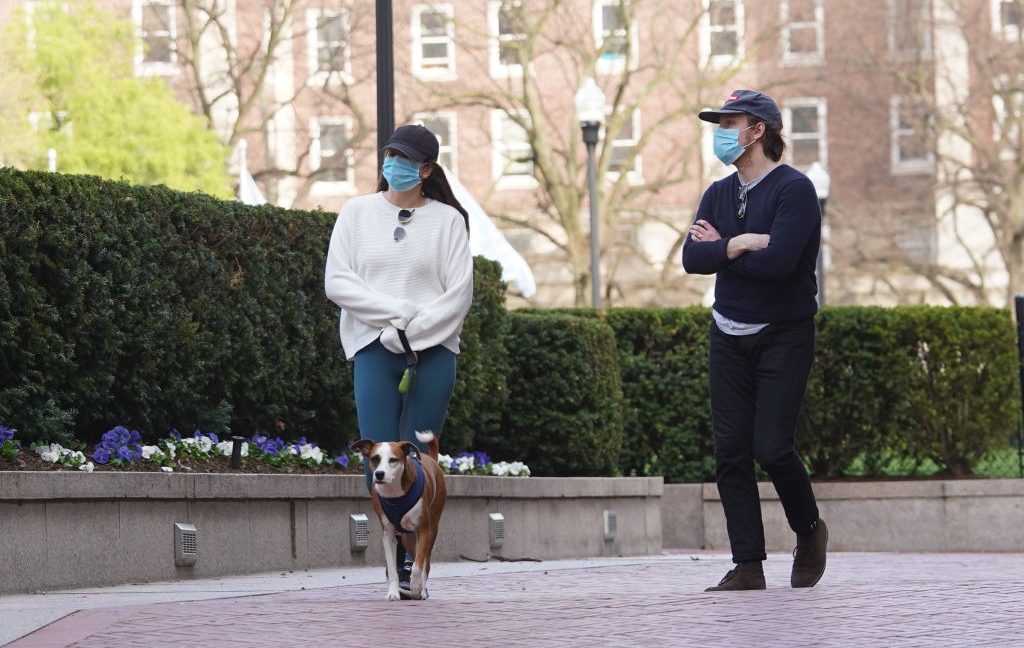The Green Hermit
Hero
My county finally has enough test kits that anybody showing symptoms can schedule a test at the weekly drive-thru sites. First responders, people that work in a hospital, and those in the at-risk categories still get priority, though, of course.
Of course, part of this excess of kits may be because we have no confirmed cases yet -- except for the guy with a home address here, even though he has been out of state for months. We only count him, because the state tells us we have to, even if he is STILL out of state.
Of course, part of this excess of kits may be because we have no confirmed cases yet -- except for the guy with a home address here, even though he has been out of state for months. We only count him, because the state tells us we have to, even if he is STILL out of state.




